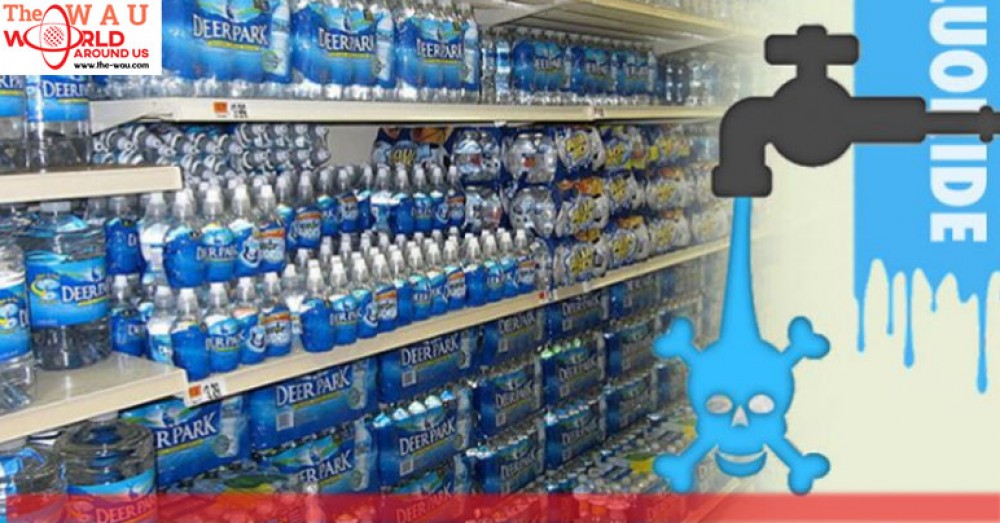This guest post was written by Elisha of My Health Maven. She is deeply passionate about educating people and empowering them to lead healthier lives. We encourage you to check out her blog and follow her on Facebook, Instagram, and Pinterest!
There are numerous brands of bottled water to choose from and a wide range of water types from seltzers to mineral waters. But, is bottled water better for you than tap water? What about the safety of plastic bottles? We’ll take a look at those concerns in this article and a few others as well.
Common Chemicals in Plastic Water Bottles
Phthalates –This chemically derived compound is used to make plastic flexible. These powerful hormone disruptors are linked to numerous health concerns including cancer, sterility, the feminization of males, reduced IQ in children, miscarriages, hyperactivity, allergies, asthma and a host of other problems.
BPA- Bisphenol A (BPA) is used in many products such as plastic food containers, canned foods and water bottles. It is used in plastic bottles to prevent cracking. There are many concerns with BPA, when exposed to heat, BPAs can leach into water. BPA is also known to negatively impact reproductive and endocrine systems, as well as increasing the risk of numerous cancers including brain, breast, ovarian and prostate.
PET– Polyethylene terephthalate or PET may not be as safe as once thought. PET has been found to break down over time and leach into whatever beverage it contains. DEHA was also found in the water sample from reused water bottles. DEHA has been linked to liver problems, reproductive difficulties, and is suspected to cause cancer in humans.
Additional Risks of Bottled Water
Fluoride-Fluoride was added to our water supply with the belief that it improved dental health. We now know that overexposure to fluoride can increase your risk of cavities, as well as increase the risk of pitting and discoloration of teeth. This study shares the effect of fluoride on the neuro development of children. Phillipe Grandjean states, “Fluoride seems to fit in with lead, mercury, and other poisons that cause chemical brain drain,”
Antimony-This study found that antimony, a known carcinogen, increased from 19 to 90 percent after water bottles were stored at room temperature for six months.
Estrogen mimickers- This study found widespread contamination of water with xenoestrogens, resulting from plastics leaching into the water.
Numerous chemicals in bottled water-This 2013 study found more than 25,000 chemicals in bottled water. Researchers learned that bottled water interfered with hormone receptors; amounts as little as 0.1 ounces inhibited estrogenic activity by 60 percent and androgenic activity by 90 percent. The tap water that was tested on the other hand, showed no activity on either form of receptor.
Looking to avoid fluoride in your bottled water?

...[ Continue to next page ]
Share This Post












